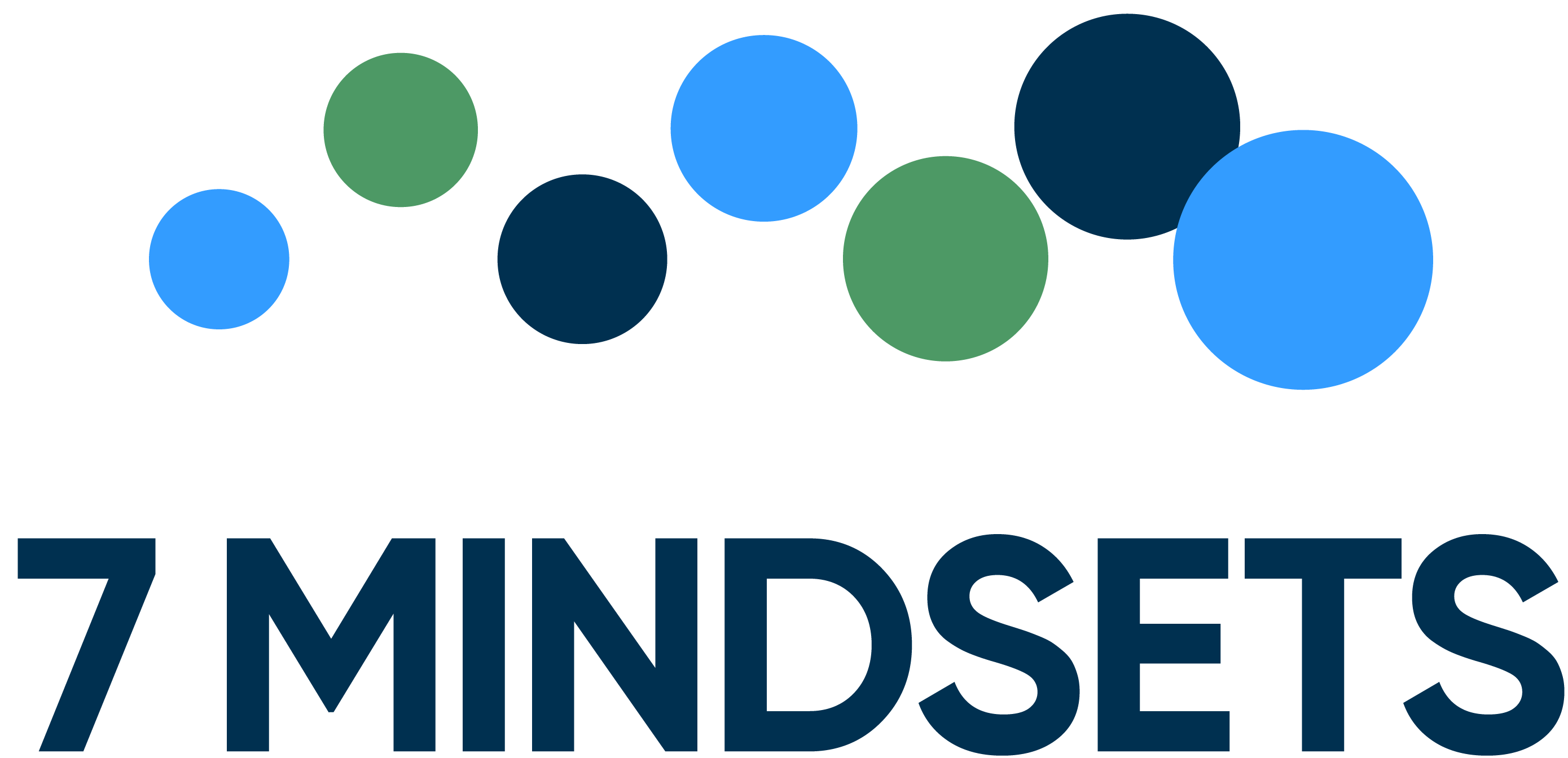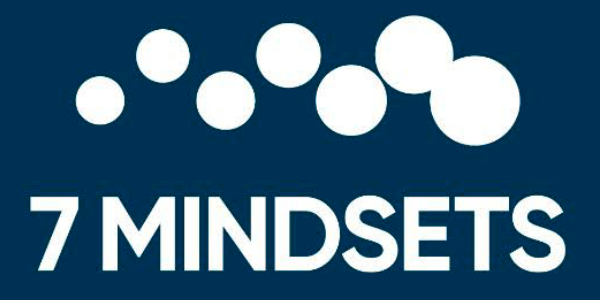I’m going to be really candid here. I have spent the last 20 years diligently working to improve myself. To say it was an uphill battle is an understatement. Anything requiring extensive discipline and willpower tends to inhibit my success, so many of my efforts have come up short.
Recently, however, I started to experience real improvement. I lost a little weight, exercise and stretch more, am more patient with my children, and I’m less apt to compare myself to others. I have a long way to go, but I finally feel like I have an effective approach to get real results in my life.
My recent successes can be attributed to an important revelation I came to about eighteen months ago. It was triggered by something I read in Brene Brown’s The Power of Vulnerability. In the book, she says that “how to” programs never work.
Behind all of our negative attributes are unresolved issues and thought processes that are preventing the transformation we desire. Simply setting goals and doggedly pursuing them rarely works if we do not remove the impediments that are getting in the way.
Zig Ziglar has always been one of my heroes. He once shared a story about losing weight. He hired a life coach to help him. A year after setting the goal, he ecstatically called his coach to tell him that he had done it… he had lost all the weight and was now a thin man.
Instead of sharing in the moment, the life coach responded unexpectedly that Zig did not become thin that day. Confused, Ziglar asked what he meant. His coach told him that he had become thin twelve months prior when he began thinking of himself as in shape rather than overweight. By replacing the negative mindset with a new positive perspective, he had set the wheels in motion to transform his life.
All of the great thinkers, spiritual leaders, and philosophers whom I admire have come to the same conclusion: the most critical step to unlocking our true potential is through an extensive self-discovery effort. Above all else, we have to know ourselves. We must understand who we are, why we are this way, and what is limiting our thinking. There is no way of getting around it. As Socrates once said, “An unexamined life is not worth living.”
If you want to create sustainable, positive habits and come close to reaching your potential for happiness and success, you must undergo a self-discovery process.
It has taken me two decades to truly understand and execute this process in my own life. I am hoping that with this knowledge, you can unlock your potential sooner. So, the most valuable things I can share with you are the major hurdles we face when examining our lives objectively, and we start the process of changing our habits.
Here are 5 ways to develop good habits:
1 – Kill your sacred cows
Perhaps the most important criteria of self-discovery is to be prepared to challenge and/or change everything you ever believed to be true about yourself. For example, I had always prided myself in being a non-judgmental person. In reality, nothing could have been further from the truth. While I did not verbalize my negative assumptions or share them, judgment ran rampant within me in my thoughts about others.
Judgment happens in the mind, and outward attacks or gossip are only a couple of its manifestations.
Silent criticism consumed me. It limited me from interacting with others. It made me resentful and overly competitive. And ultimately, it damaged my relationships and happiness in life.
Once I realized this, I exposed the cause behind my inability to build the deep and meaningful relationships I desired.
The first thing you need to do is be completely open to change. There may be thought processes and ideas you have held dear to your heart for many years. You must put them on the chopping block. It is important to have self-compassion as we are all on a journey, but force yourself to take an objective look deep within and put everything on the table. This is the critical, initial step to changing habits.
2 – Realize you have to do the work
One of my nicknames is the “quote master.” When you have a situation, I will pull out a quote and name the originator. It’s quite a skill, but also an indication that it’s probably time I create my own quotes.
You see, I have read a library worth of books–as many as anyone I know. For years, I held the idea that it would be the next book that would give me the inspiration and reveal the process that would change my life forever. Please don’t get me wrong… I am glad that I read them, and I know that I have learned much; but no book alone was going to be the answer.
One morning, I woke up, and it hit me that I had to do the work myself. I had to find the answers within. I needed to build the internal muscles and intrinsic motivation to make this happen. I had to get POed at myself for all of the opportunities I had allowed to slip through my fingers because of my recurring bad habits. I found the sustainable, burning desire within to make this work, and I became excited by the opportunity for greater happiness.
When you first start understanding yourself, you will become upset at all of the pain and suffering you created. A person can only take so much before they flip the switch inside, and that is the courage and motivation required to do the work that is truly necessary.
3 – Find the blind spots
We all have blind sports. We are thinking and doing things that are self-destructive and frustrating to the people around us. And in most cases, we are oblivious to when it is happening. We are not intentionally trying to hurt ourselves or others.
The most enlightening tool I know for finding your blind spots is called the Enneagram. I highly encourage everyone to take the full assessment (approximately 40 minutes). For me and many I know, it has opened our eyes to the benefits and challenges of our inherent personalities. It explains very clearly how and why we think the way we do, as well as what we do when we are at our best and what happens when we disintegrate to our negative thoughts and behaviors.
Whether you use the Enneagram, another assessment tool, or simply ask your family, friends and colleagues for honest input, uncover your blind spots. It is true that the only way out is through, and you must know what you are up against to plan the course of action you must take.
4 – Prioritize and focus
They say the human mind can only think one thought at a time. I know this is true for me. However, the more I know about myself, the more I want to change, so I have often been guilty of biting off way more than I can chew.
For example, as I mentioned above, I am trying to eliminate judgment from my life. Perhaps this is possible for a Tibetan Yogi, but it’s probably unrealistic for most of us–at least all in one shot. But, I can identify certain situations that continue to come up where my judgment is causing harm. By focusing my efforts on those specific situations, I am able to see real progress and then move on to other areas.
If you are like me, you need some positive feedback to keep you energized and motivated. When I go after big goals where it may be challenging to see the progress, I often give up. When I focus on smaller, short-term goals, I have a much higher success rate. Make sure to dream big, but work small to keep you motivated and moving forward.
5 – Reprogram your thinking
It is widely accepted that the conditioning we receive throughout the course of our lives is primarily what drives our thoughts and emotions. I have certainly found this to be true. I’ve also discovered that we can reprogram and shift our thoughts and attitudes.
The work of many great therapists is based on CBT (Cognitive Behavioral Therapy), which is essentially a process that reprograms your subconscious thoughts and reactions.
We have a technique in the work we do called “flipping the switch.” Imagine you are nervous about speaking in public. Like many, you are telling yourself things like, “What if I say something wrong?” or “I don’t want to be judged.” This becomes a repetitive thought pattern that occurs every time you are asked to present in front of an audience.
Now imagine a little switch inside your brain that you flip when you catch yourself thinking this destructive thought. What if that switch caused you to play a different thought that went something like, “What I am sharing is important” or “I am helping many of the people in the audience”?
“Flipping the switch” might sound overly simple, but it works. It does require quite a bit of practice, but it’s worth the effort. Other similar methodologies to consider include NLP (Neuro-Linguistic Programming) and the Sedona Method. Find what is effective for you.
Martin Luther King once said, “We will either step forward in growth or step backward into safety.” Personal growth takes courage and the ability to lay out one’s soul for assessment. If you can do this with self-compassion, it will motivate you and shed light on the course of action you need to take to change your habits and your life for the better.



